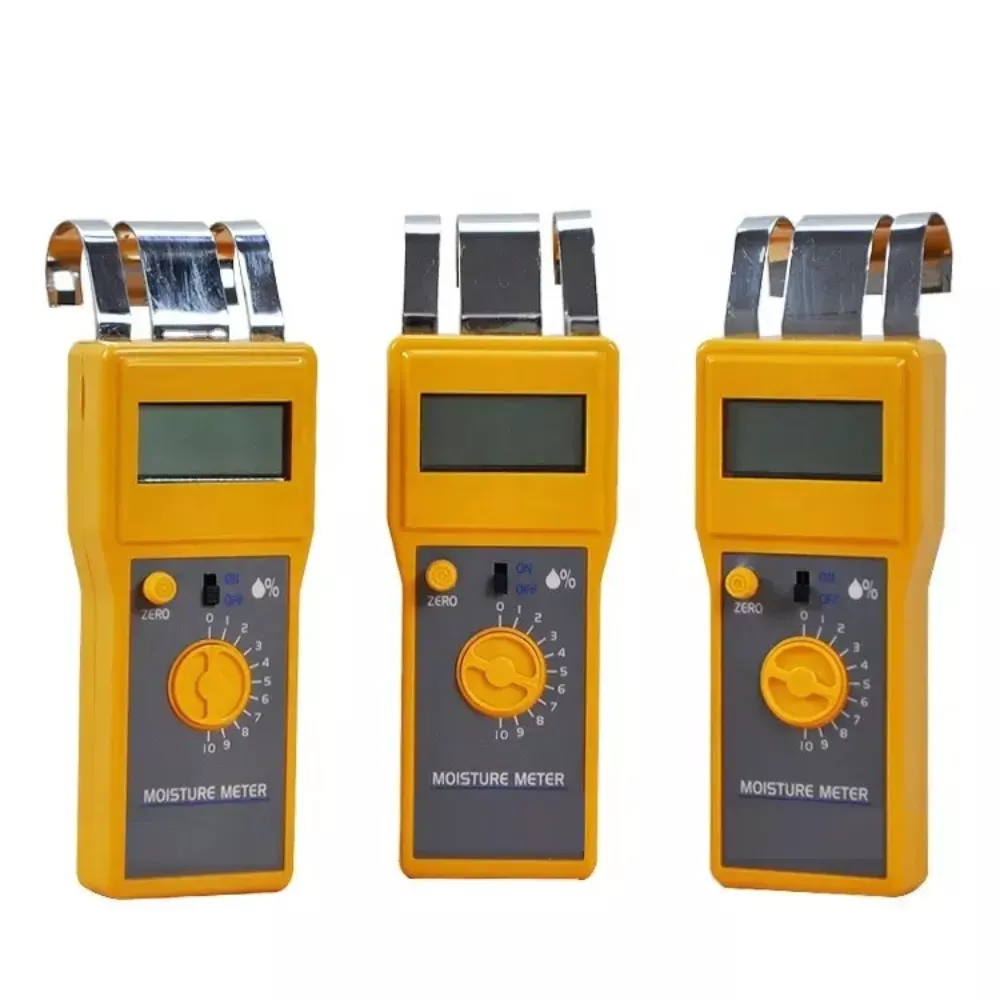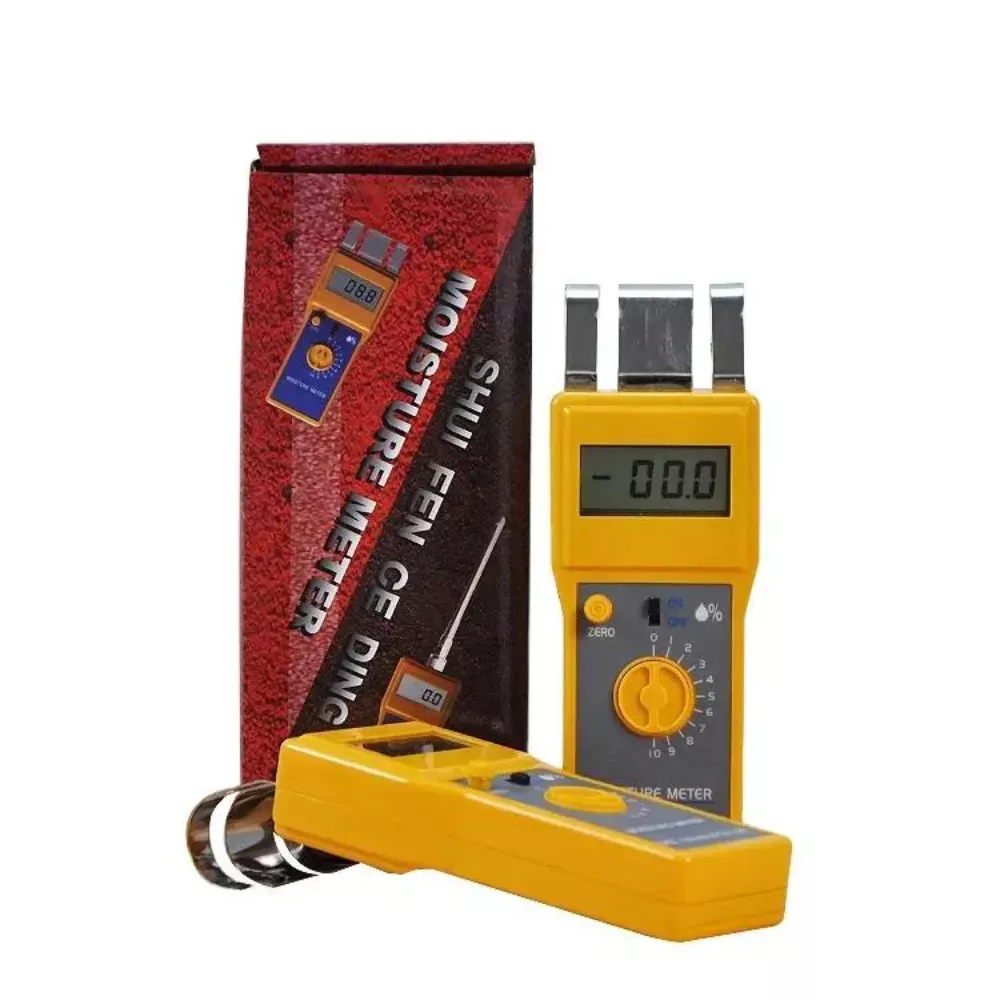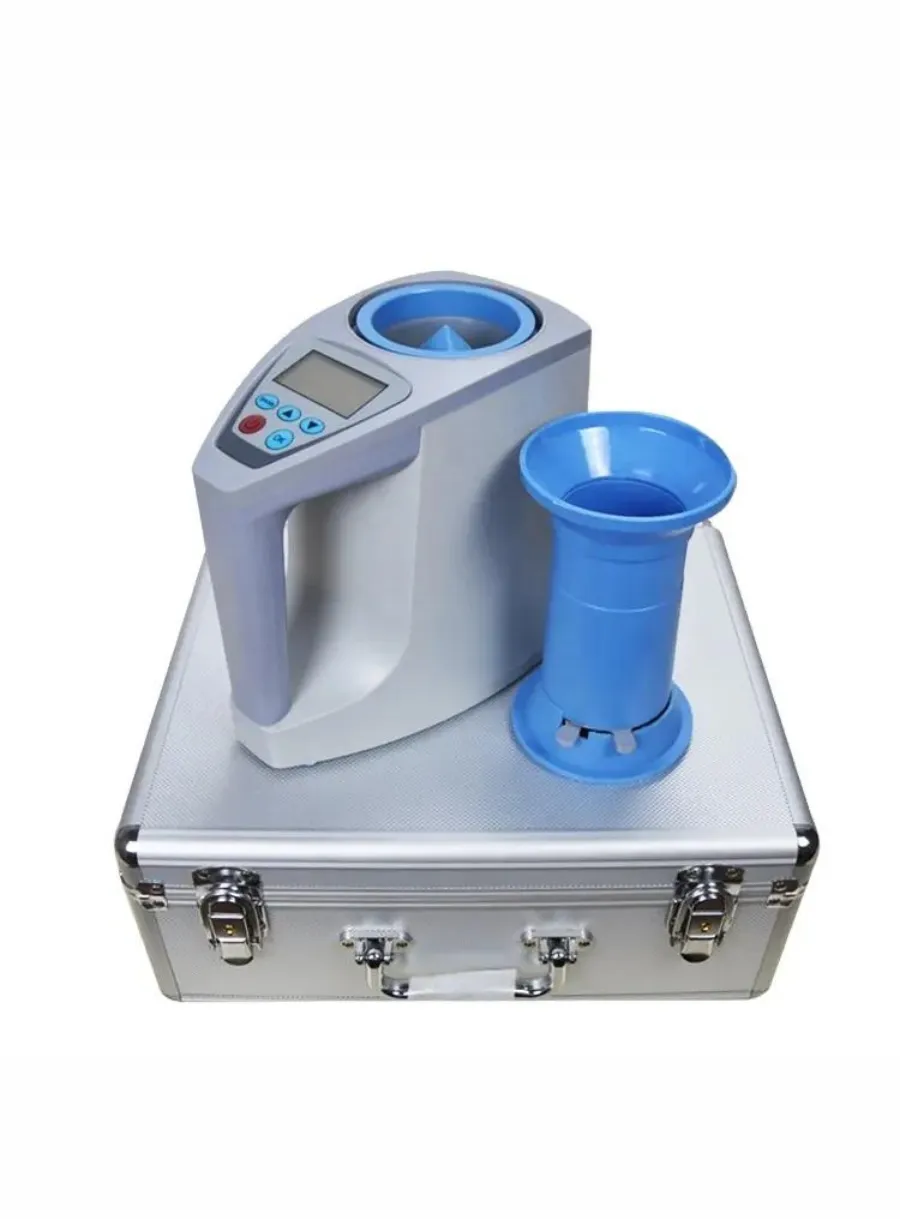
The Role of Textile Moisture Meters in Ensuring Quality Control
Table of Contents
Textile moisture meters play a crucial role in the textile industry, ensuring that the quality of the fabric is maintained throughout the production process. These devices are essential for measuring the moisture content in textiles, which can have a significant impact on the overall quality and performance of the final product. In this article, we will discuss the importance of textile moisture meters in quality control and how they help maintain the integrity of textiles.
Textile moisture meters are designed to measure the moisture content in textiles, which is an important factor in determining the quality of the fabric. The moisture content of a textile can affect its appearance, feel, and performance. For example, a fabric with too much moisture content may feel damp and uncomfortable to wear, while a fabric with too little moisture content may be stiff and difficult to work with. Therefore, it is essential to maintain the moisture content within a specific range to ensure that the fabric meets the desired quality standards.
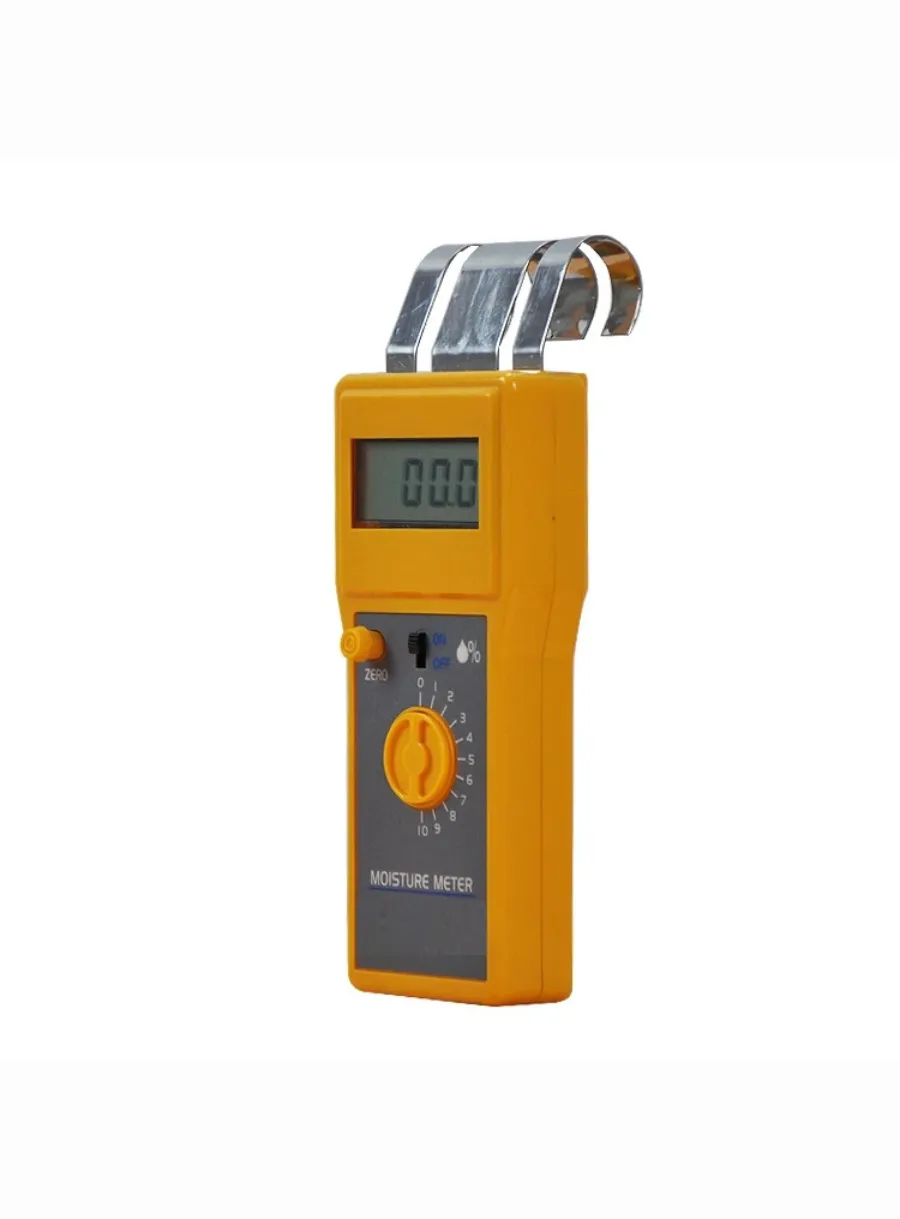
One of the primary uses of textile moisture meters is in the dyeing process. The moisture content of the fabric can affect the absorption of dyes, which can result in uneven color distribution or poor color fastness. By measuring the moisture content of the fabric before and after dyeing, textile manufacturers can ensure that the dyeing process is carried out correctly and that the final product meets the desired quality standards.
The Role of Moisture Meters in Fabric Finishing
Textile moisture meters are also used in the finishing process, where the fabric is treated with various chemicals to improve its appearance, feel, and performance. The moisture content of the fabric can affect the absorption of these chemicals, which can result in uneven distribution or poor performance. By measuring the moisture content of the fabric before and after finishing, textile manufacturers can ensure that the finishing process is carried out correctly and that the final product meets the desired quality standards.
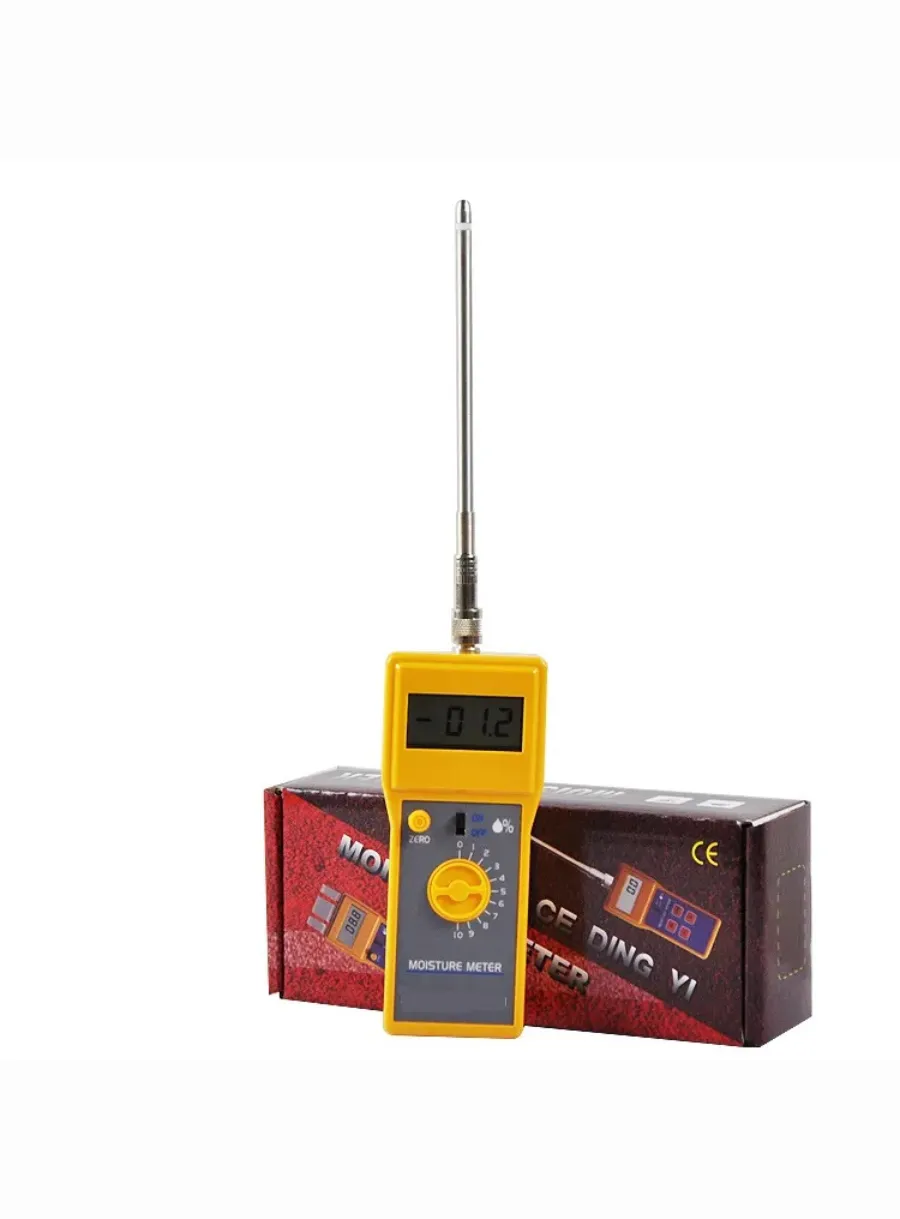
Moisture Control in Storage and Transportation
In addition to the dyeing and finishing processes, textile moisture meters are also used in the storage and transportation of textiles. Textiles are often stored in humidity-controlled environments to prevent damage from moisture or mold. By measuring the moisture content of the textiles, textile manufacturers can ensure that the storage and transportation conditions are appropriate and that the final product is not damaged during transit.
Quality Control and Final Product Inspection
Textile moisture meters are also used in the quality control process to ensure that the final product meets the desired quality standards. By measuring the moisture content of the fabric, textile manufacturers can identify any issues with the production process and take corrective action to ensure that the final product meets the desired quality standards.
Conclusion
In conclusion, textile moisture meters play a crucial role in the textile industry, ensuring that the quality of the fabric is maintained throughout the production process. These devices are essential for measuring the moisture content in textiles, which can have a significant impact on the overall quality and performance of the final product. By using textile moisture meters, textile manufacturers can ensure that the dyeing, finishing, storage, and transportation processes are carried out correctly and that the final product meets the desired quality standards.
Comments
Tags
Frequently Asked Question
Moisture content affects a fabric’s appearance, feel, and performance. Proper moisture levels ensure comfort, ease of handling, and optimal dyeing and finishing results.
textile moisture meters help ensure even dye absorption and color fastness by allowing manufacturers to measure and control fabric moisture content before and after dyeing.
Moisture meters help maintain appropriate humidity levels during storage and transportation, preventing damage from excess moisture or mold growth.
By providing accurate moisture content measurements throughout the production process, these meters help manufacturers identify and correct issues, ensuring the final product meets quality standards.

